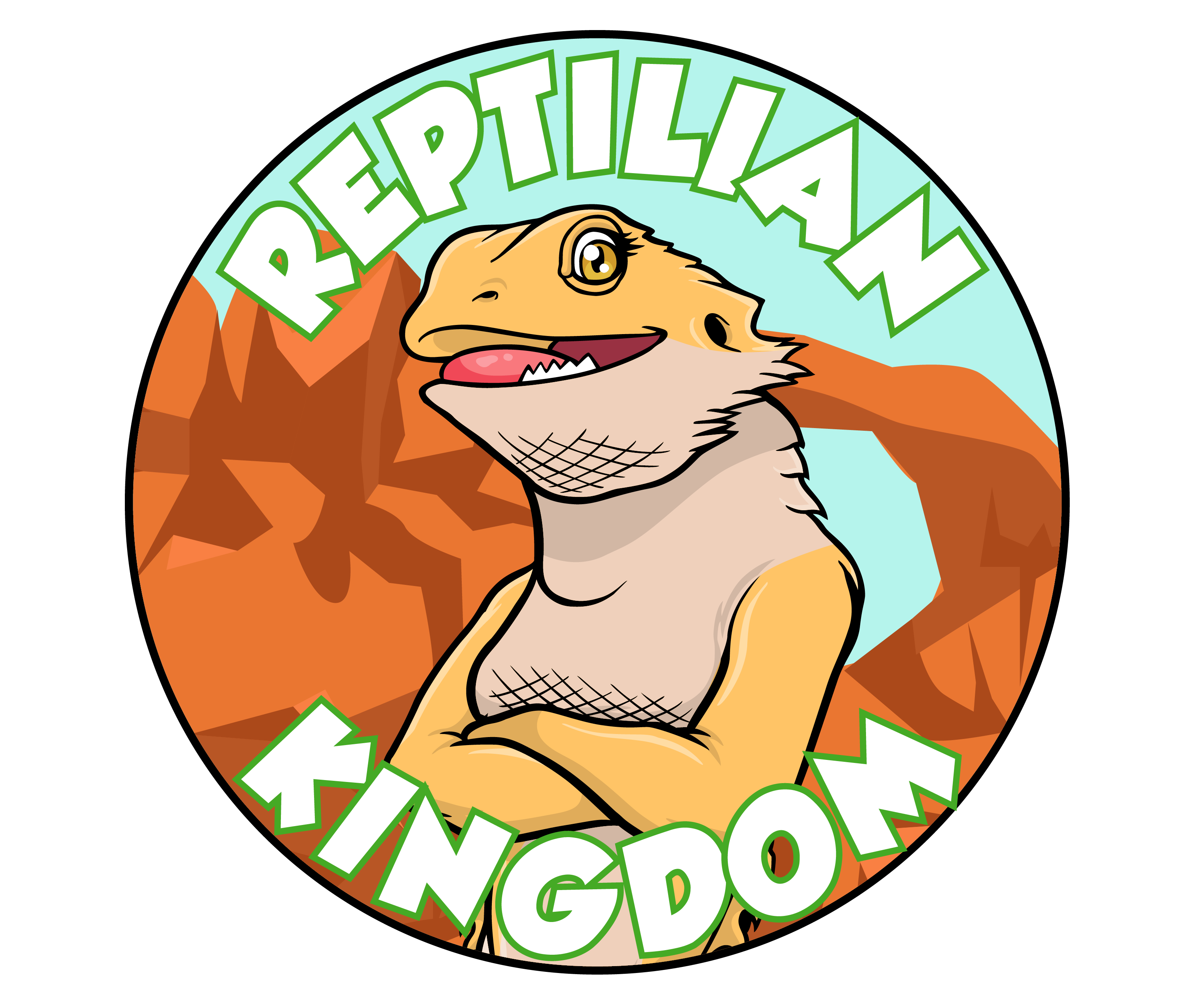Bearded dragons require certain supplements to ensure they receive adequate nutrients for their overall health. Here are the key supplements recommended for bearded dragons:
-
 Calcium Supplement: Calcium is crucial for healthy bone development and muscle function. Provide a calcium supplement with vitamin D3, such as calcium carbonate or calcium with D3 powder. Dust their food with a small amount of calcium supplement at least three to four times a week for adult dragons and every day for juveniles.
Calcium Supplement: Calcium is crucial for healthy bone development and muscle function. Provide a calcium supplement with vitamin D3, such as calcium carbonate or calcium with D3 powder. Dust their food with a small amount of calcium supplement at least three to four times a week for adult dragons and every day for juveniles. -
Multivitamin Supplement: A multivitamin supplement helps ensure your bearded dragon receives a balanced range of essential vitamins and minerals. Look for a reptile-specific multivitamin powder and use it once or twice a week, alternating with the calcium supplement.
-
Vitamin D3 Supplement: In addition to UVB lighting, which helps your bearded dragon produce its own vitamin D3, you may consider using a vitamin D3 supplement occasionally. However, it's important to use it sparingly and only under the guidance of a reptile veterinarian, as excessive vitamin D3 supplementation can lead to toxicity.
-
 Bee Pollen Powder: Beneficial for bearded dragons due to its nutritional value, including proteins, amino acids, vitamins, minerals, and enzymes. Bee pollen powder may attract some bearded dragons due to its unique aroma and taste. Try our bee pollen powder now!
Bee Pollen Powder: Beneficial for bearded dragons due to its nutritional value, including proteins, amino acids, vitamins, minerals, and enzymes. Bee pollen powder may attract some bearded dragons due to its unique aroma and taste. Try our bee pollen powder now!
It's important to note that supplements should not replace a varied and balanced diet for bearded dragons. Proper nutrition from a combination of gut-loaded insects, vegetables, and occasional fruits is crucial for their overall health.
Here are issues that may occur if your dragon is not given its supplements:
-
Metabolic Bone Disease (MBD): One of the most common issues resulting from inadequate nutrition is MBD. Without sufficient calcium, vitamin D3, and phosphorus, a bearded dragon may develop weak, brittle bones, skeletal deformities, and muscle weakness.
-
Stunted Growth: Insufficient nutrients can hinder the proper growth and development of a bearded dragon. Without the necessary vitamins, minerals, and protein, they may experience stunted growth and fail to reach their full potential size.
-
Weakened Immune System: Inadequate nutrition weakens the immune system, making bearded dragons more susceptible to infections, illnesses, and diseases. They may struggle to fight off infections and have a reduced ability to recover from health issues.
-
Organ Dysfunction: Essential nutrients play a vital role in maintaining the proper functioning of organs such as the liver, kidneys, and digestive system. Without a balanced diet, these organs can be negatively affected, leading to various health complications.
-
Poor Skin and Shedding Issues: Lack of hydration and certain nutrients can cause dry, flaky skin and difficulty in shedding. Inadequate vitamins and minerals can result in dull, discolored skin and an improper shedding process, potentially leading to retained shed and skin infections.
-
Reproductive Issues: Inadequate nutrition can impact the reproductive health of bearded dragons. Females may have difficulty producing eggs or experience complications during egg-laying. Males may have reduced fertility and reproductive problems.
-
Overall Weakness and Poor Health: A bearded dragon that doesn't receive proper nutrients and vitamins will generally exhibit signs of weakness, lethargy, and poor overall health. They may have a reduced appetite, weight loss, and a decreased lifespan.
It's crucial to provide a well-balanced diet that includes appropriate insects, vegetables, and supplements to meet a bearded dragon's nutritional needs.
Dont forget to follow us on Social Media:
